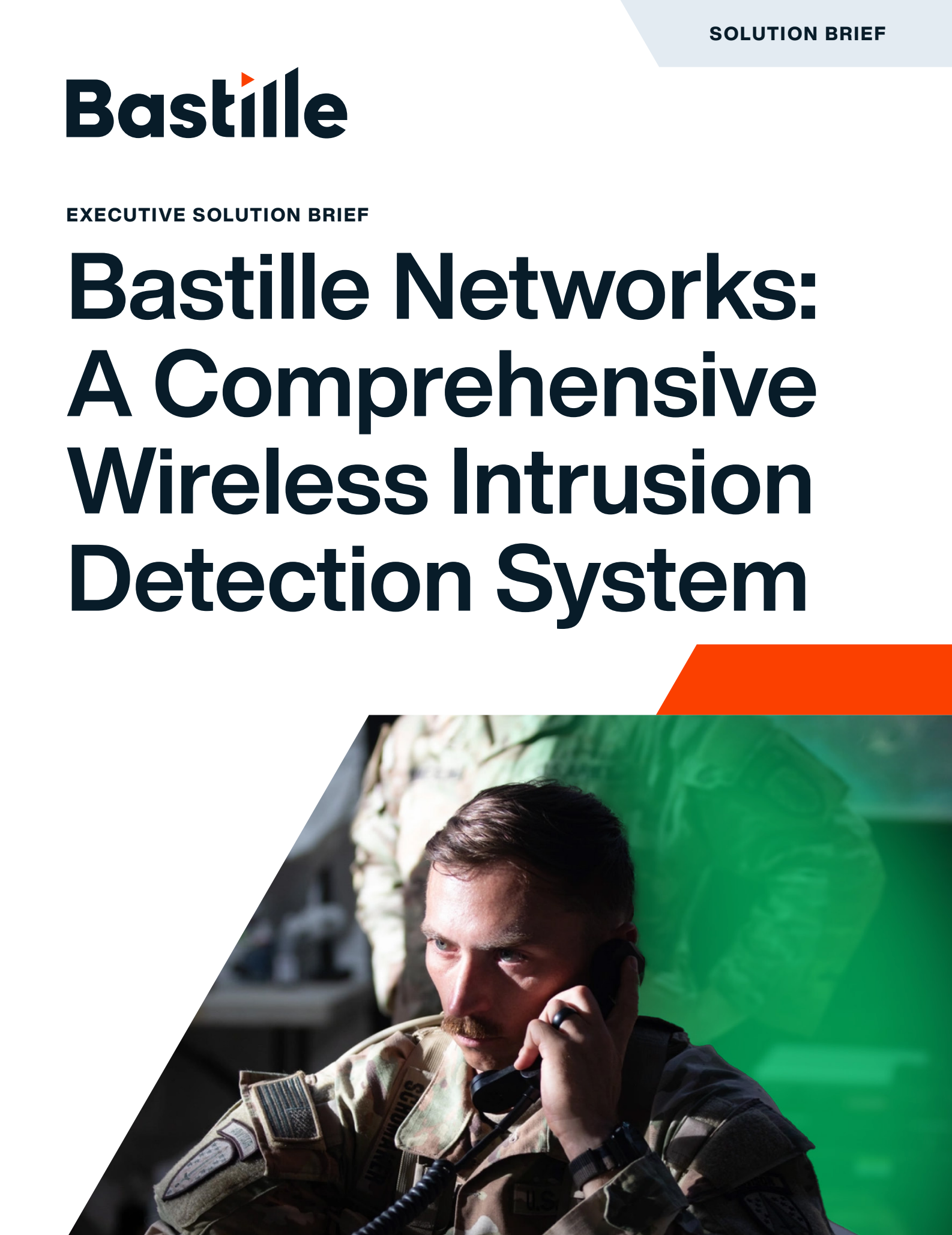
Investigation reveals sophisticated surveillance technology targeted at U.S.-Ukraine missile training activities.
Spy Ring’s Operation Against Stuttgart Army Air Field Highlights New Normal of Critical Wireless Security Vulnerabilities
This week, prosecutors have secured convictions against members of a Russian-directed spy network that conducted surveillance operations across Europe, including a sophisticated operation targeting a U.S. military base in Stuttgart, Germany. Documents released by the Crown Prosecution Service reveal the Stuttgart base was under surveillance from late 2022 until February 2023, with intelligence efforts specifically focused on Ukrainian forces receiving training on surface-to-air missile systems.
The operation employed multiple layers of wireless surveillance technology to gather intelligence on military personnel that authorities believe was intended to track Ukrainian soldiers upon their return to Ukraine. Investigators documented a modified vehicle near the base perimeter that housed IMSI catchers, other specialized equipment for wireless data interception, and tools for planting advanced technical surveillance devices outside the base.
Piggybacked on soldiers’ mobile phones.
Investigators say that by spoofing legitimate carriers, the spy ring’s IMSI catchers harvested unique IMSI/IMEI identifiers to allow Russian forces to target the locations of Ukrainian Surface-to-Air weapons, once these newly trained soldiers returned to the frontlines. The tools also allowed the spy ring to potentially force downgrades to 2 G, and funnel call data and location beacons back to Moscow.
An Inventory To Attack A Wireless Airspace
Following raids on multiple properties, investigators cataloged an extensive collection of surveillance technology:
| Category | Quantity | Tactical Use |
| IMSI catchers / “grabbers” | 3 | Rogue base‑station, subscriber tracking, SMS interception |
| Pineapple Wi‑Fi access‑point emulators | 4 | Credential theft, man‑in‑the‑middle, lateral movement |
| SIM cards | 495 | Remote access over cellular data, Mesh relays, Spoofed device personas |
| Smartphones | 221 | Inconspicuous recording equipment, close access wireless attacks via Kali Nethunter, Burner infrastructure |
| Audio / visual bugs | 88 | Covert capture and remote streaming |
| Drones | 11 | Above‑roof reconnaissance, spectrum survey, payload drop |
| Jammers, spoofers, and “hacking equipment” | 110 (misc.) | Obscure friendly traffic, force‑connect to malicious beacons, network infiltration & device takeover |
Editorial note: The sheer volume of prepaid SIM cards strongly suggests many of the above devices were remotely accessible or pushed video/audio over cellular data links: no Wi‑Fi credentials required to exfiltrate information out of a secure facility.
Wi-Fi Pineapple: Advanced Network Exploitation Tool
The four Wi-Fi Pineapple devices recovered represent particularly sophisticated wireless threats. Developed by Hak5, penetration testers use these commercially available devices to audit wireless network security, but malicious actors can repurpose them for intelligence-gathering operations.
They function by exploiting how devices automatically connect to previously trusted networks. When a target device, such as a smartphone or laptop, searches for familiar networks, the Pineapple responds by impersonating those networks. This “man-in-the-middle” capability allows operators to:
- Intercept unencrypted web traffic
- Capture authentication credentials
- Monitor communications
- Deploy targeted exploits against connected devices
- Create detailed profiles of network usage patterns
Why the Spy-ring’s Toolkit Matters
- Near‑peer actors no longer need to breach the firewall; they can sit in the car park and set up an ersatz cell tower.
- Standard defensive radios are blind to non‑networked emitters. IMSI catchers, jammers, and Wi‑Fi Pineapples live outside the wired infrastructure the SIEM already watches.
- Multi‑protocol blending defeats single‑sensor point tools. A Pineapple forces a smartphone off WPA2 within the fence line; an IMSI catcher follows the same handset on leave two hours later. These tools effectively create a surveillance bubble that can capture virtually all wireless communications within range.
Operational Lessons for Government, Critical Industry, and Enterprise Cybersecurity Planners:
- Treat cellular, Bluetooth LE, Zigbee, and Wi‑Fi as a single, contiguous attack plane. If they emit, they’re part of the risk surface.
- Baseline first, hunt second. Stuttgart’s sensors would have flagged three sudden rogue LTE eNodeBs lighting up outside the perimeter if a continuous spectrum fingerprint had been in place.
- Correlate location with identity. Knowing which handset crossed the geo‑fence is only helpful if one also knows whose handset it is and whether it just paired with a Pineapple.
Where Bastille Fits
Bastille’s enterprise and government sensor arrays were purpose‑built for exactly this blend of cellular and Wi‑Fi tradecraft:
- Detect hidden transmitting devices and Wi-fi Pineapples in real time across 25 MHz – 7.125 GHz.
- In real time, locate every emitting component within one to three meters of accuracy. Then, replay its historical movement on a facility floor plan or field.
- Stream enriched alerts to XDR, SOAR, and camera systems, letting security forces auto-slew-to-cue PTZ cameras or track down a rogue network device in seconds.
Bottom Line
The Stuttgart case isn’t an outlier, but the new normal for blended physical‑cyber actors and espionage. Whether defending a missile‑training range, a classified SCIF, or an OT plant, organizations need continuous, protocol‑agnostic visibility into every device that talks over the air. Bastille delivers that visibility, the 3‑D location to act on it, and the integrations to fold wireless risk into the rest of a Zero‑Trust stack.
Ready to see what’s really transmitting outside the perimeter? Contact us for a demo at https://bastille.net/contact-us/.


